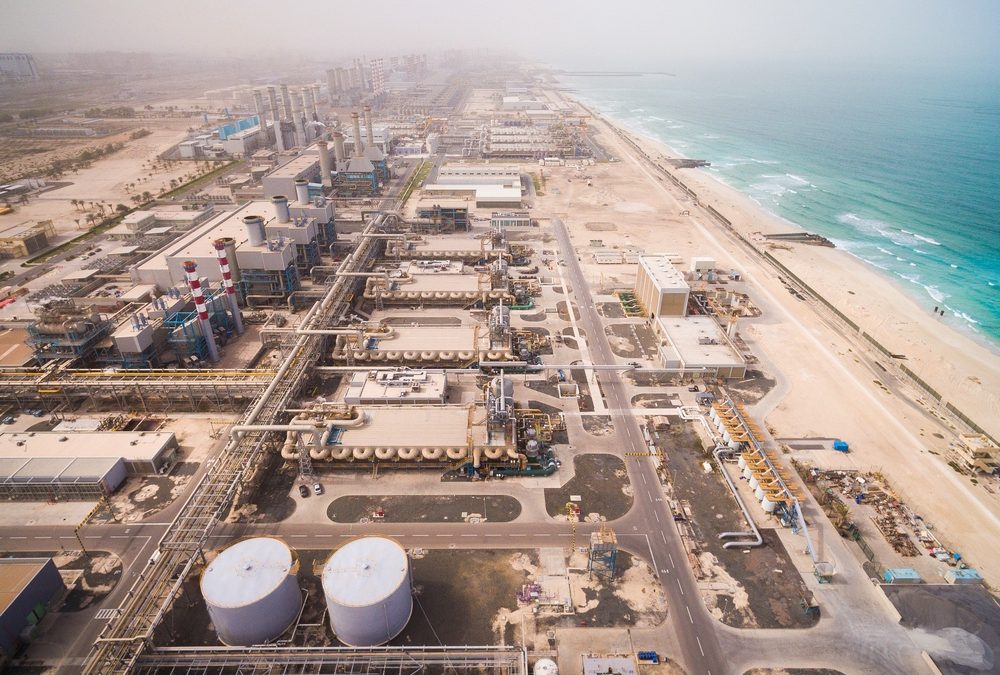“The UAE asserts the world is not yet ready to abandon fossil fuels”
The United Arab Emirates (UAE) has expressed its view that the world is not yet ready to completely abandon fossil fuels. In a statement, the UAE stressed the importance of a balanced approach to the energy transition, with a focus on reducing greenhouse gas emissions while also ensuring reliable and affordable energy for all.
The statement comes at a time when many countries are pledging to reach net-zero carbon emissions by mid-century. The UAE, which is one of the world’s largest oil producers, has also set ambitious targets to reduce carbon emissions and increase the use of renewable energy sources. However, the country’s leaders have cautioned that the transition to a low-carbon economy must be gradual and carefully planned to avoid any disruptions to energy supplies.
“The world is not ready to ‘switch off’ fossil fuels. We need a gradual and pragmatic transition that takes into account the economic, social, and environmental realities of each country,” said Suhail Al Mazrouei, the UAE’s Minister of Energy and Infrastructure.
The UAE’s stance is based on the recognition that fossil fuels will continue to play a significant role in meeting global energy demand for the foreseeable future. Despite the growth in renewable energy sources such as wind and solar power, the International Energy Agency (IEA) estimates that fossil fuels will still account for 74% of global energy demand in 2040. This means that even as countries increase their reliance on renewables, they will still need to produce and consume significant amounts of oil, gas, and coal.
The UAE has taken steps to diversify its energy mix and reduce its dependence on oil. The country has set a target to generate 50% of its energy from clean sources by 2050, including nuclear, solar, and wind power. It has also launched several initiatives to improve energy efficiency and reduce wastage.
However, the UAE’s leaders argue that a rapid and haphazard shift away from fossil fuels could lead to energy shortages and price volatility, particularly in developing countries that rely heavily on these fuels. The country’s statement emphasized the need for a coordinated international approach to the energy transition, with a focus on supporting developing countries to transition to cleaner energy sources while ensuring that their energy needs are met.
The UAE’s view reflects a growing recognition that the energy transition is a complex and multi-dimensional challenge that requires a nuanced approach. While there is a clear imperative to reduce greenhouse gas emissions, this must be balanced against the need to maintain energy security and affordability. As countries work towards their net-zero targets, it is important that they do so in a way that is inclusive and sustainable, and that takes into account the different contexts and priorities of different countries.






af31m
cost generic clomid pills how to get generic clomid without dr prescription order generic clomid without rx clomid pregnancy order generic clomid without insurance can i buy generic clomid pill can you get clomid online
June 4, 2025